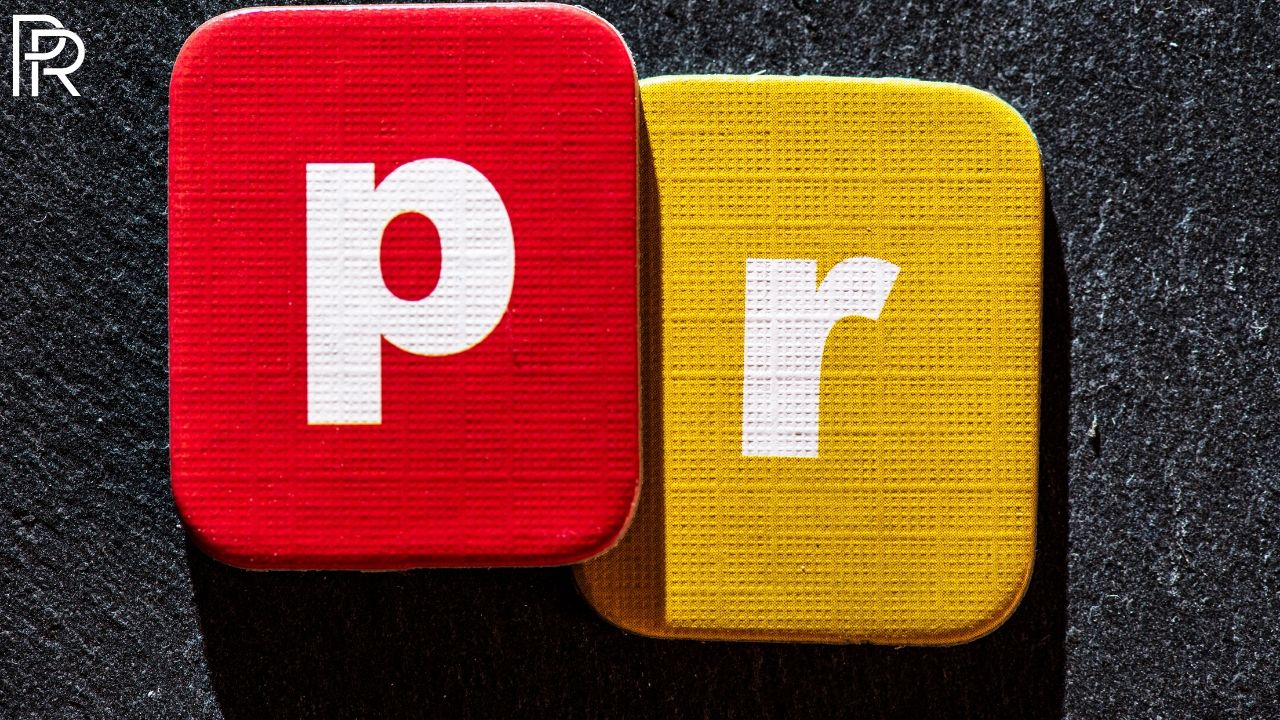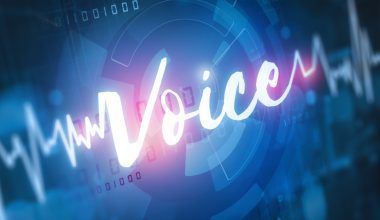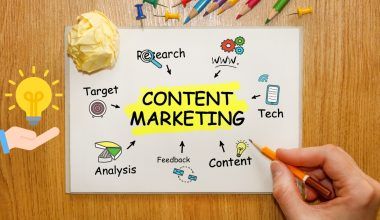In the fast-paced world of music, standing out can be a challenge. This is where music PR (public relations) comes into play. Music PR is the art of managing and promoting an artist’s public image and reputation. It involves creating a buzz around new releases, securing media coverage, and building relationships with fans and industry professionals. In this comprehensive guide, we will explore the importance of music PR, effective strategies, and tips to enhance your music career.
What is Music PR?
Music PR is a strategic communication process that aims to create a positive image of an artist and their music. It involves various activities such as press releases, media outreach, social media management, and event planning. The goal is to generate public interest and media coverage that can lead to increased visibility and opportunities for the artist.
Importance of Music PR
- Increases Visibility: Music PR helps artists gain exposure by getting their music featured in blogs, magazines, radio, and TV shows. This increased visibility can attract new fans and industry professionals.
- Builds Reputation: A strong PR strategy can enhance an artist’s reputation by highlighting their achievements and unique qualities. This can lead to more performance opportunities and collaborations.
- Engages Fans: Through effective PR, artists can connect with their fans on a deeper level. Engaging content and personal stories can create a loyal fan base.
- Opens Opportunities: A well-executed PR campaign can open doors to new opportunities such as record deals, sponsorships, and partnerships.
Key Components of Music PR
1. Press Releases
A press release is a written communication that announces something newsworthy about an artist, such as a new album release, tour dates, or significant achievements. It should be concise, engaging, and include essential details like dates, locations, and contact information.
Example:
Press Release Title: [Artist Name] Announces New Album [Album Name] Release Date
Body: [Artist Name] is set to release their highly anticipated album, [Album Name], on [Release Date]. The album features [Number] tracks, including the hit single [Single Name]. Fans can expect a blend of [Music Genre] with [Unique Elements].
2. Media Outreach
Media outreach involves reaching out to journalists, bloggers, and influencers to secure coverage for your music. It is crucial to build a media list and tailor your pitch to each outlet.
Tips for Effective Media Outreach:
- Research the media outlet and the journalist’s work.
- Personalize your pitch to show you understand their audience.
- Highlight why your music is newsworthy.
- Follow up politely if you do not receive a response.
Social media platforms are powerful tools for music PR. They allow artists to interact directly with their fans and share updates in real-time. A consistent and engaging social media presence can significantly boost an artist’s profile.
Strategies for Social Media Management:
- Post regularly and at optimal times.
- Use high-quality images and videos.
- Engage with fans by responding to comments and messages.
- Utilize hashtags and collaborate with other artists and influencers.
4. Event Planning
Events such as album launch parties, concerts, and press conferences are great opportunities for media coverage and fan engagement. Planning and promoting these events effectively can create a significant buzz around your music.
Steps for Successful Event Planning:
- Choose a suitable venue and date.
- Send out invitations to media, influencers, and fans.
- Promote the event on social media and through press releases.
- Ensure all logistics are handled, including sound, lighting, and security.
Effective Music PR Strategies
1. Create a Compelling Story
Every artist has a unique story that can captivate the media and fans. Whether it’s your journey in music, the inspiration behind your songs, or a personal experience, sharing your story can make you more relatable and interesting.
Example:
Story Pitch: From Struggles to Stardom: How [Artist Name] Overcame Adversity to Release [Album Name]
2. Collaborate with Influencers
Influencers have a significant impact on their followers and can help you reach a broader audience. Partnering with influencers for reviews, interviews, or social media takeovers can amplify your reach.
Steps to Collaborate with Influencers:
- Identify influencers who align with your brand.
- Reach out with a personalized message.
- Offer value in return, such as exclusive content or shoutouts.
- Maintain a professional relationship for future collaborations.
3. Utilize Music Blogs and Playlists
Getting your music featured on popular blogs and playlists can boost your credibility and attract new listeners. Research blogs and playlists that cater to your music genre and submit your music for consideration.
Tips for Blog and Playlist Submissions:
- Follow submission guidelines carefully.
- Provide a brief bio, high-quality images, and links to your music.
- Highlight any previous press coverage or achievements.
- Be patient and follow up if necessary.
Advanced Music PR Techniques
1. Video Content Creation
Videos are an engaging way to promote your music. They can be used for music videos, behind-the-scenes footage, and interviews. Video content can be shared on platforms like YouTube, Instagram, and Facebook to reach a wider audience.
Types of Video Content:
- Music Videos: Professionally produced videos for your singles.
- Lyric Videos: Simple videos that display the lyrics to your songs.
- Behind-the-Scenes: Footage of your recording process, rehearsals, or tours.
- Interviews: Q&A sessions with you or your band members.
2. Email Marketing
Email marketing is a direct way to communicate with your fans and keep them updated on your latest news. Building an email list and sending regular newsletters can help maintain a strong connection with your audience.
Tips for Effective Email Marketing:
- Offer a sign-up incentive, like a free download or exclusive content.
- Send regular updates but avoid spamming your subscribers.
- Personalize your emails to make them feel more intimate.
- Include clear calls to action, such as links to your music or upcoming events.
3. Public Appearances and Interviews
Appearing on podcasts, radio shows, and at industry events can significantly boost your visibility. Public appearances allow you to share your story, connect with new audiences, and gain credibility.
How to Secure Public Appearances:
- Research relevant shows and events in your genre.
- Prepare a professional pitch or press kit.
- Highlight your unique story and recent achievements.
- Follow up professionally and be persistent.
4. Networking with Industry Professionals
Building relationships with other musicians, producers, and industry professionals can open new opportunities for collaboration and promotion. Networking can be done both online and offline at events, conferences, and through social media.
Networking Tips:
- Attend industry events and be active in music communities.
- Use social media platforms like LinkedIn and Twitter to connect.
- Offer value in your interactions, such as sharing resources or advice.
- Follow up with contacts regularly to maintain the relationship.
Measuring PR Success
It’s essential to track the success of your PR efforts to understand what works and what doesn’t. Key metrics to consider include:
- Media Coverage: Track the number and quality of media mentions and features.
- Social Media Engagement: Monitor likes, shares, comments, and follower growth.
- Website Traffic: Analyze the increase in visitors and their behavior on your site.
- Event Attendance: Measure the number of attendees and their engagement during events.
- Streaming Numbers and Sales: Observe changes in your streaming stats and music sales.
Common PR Challenges and Solutions
1. Limited Budget
Many independent artists struggle with limited budgets for PR campaigns. However, effective Music PR doesn’t always require a large investment.
Solutions:
- Focus on free or low-cost PR strategies like social media and email marketing.
- Build relationships with bloggers and influencers who might feature your music for free.
- Utilize DIY tools for press releases and media outreach.
2. Lack of Media Interest
Getting media attention can be challenging, especially for new artists.
Solutions:
- Ensure your press releases and pitches are well-crafted and newsworthy.
- Build a unique personal brand that stands out.
- Be persistent and follow up with media contacts.
3. Maintaining Consistency
Consistency is key in PR, but it can be hard to maintain regular updates and interactions.
Solutions:
- Create a content calendar to schedule your PR activities.
- Use social media management tools to automate posts.
- Delegate tasks to team members or hire a PR assistant if possible.
DIY PR Tools and Resources
For artists who prefer to handle their own PR, several tools and resources can make the process easier and more efficient.
1. PR Software
- Cision: A comprehensive PR software for media monitoring, press release distribution, and influencer outreach.
- Muck Rack: A media database and monitoring tool that helps you find journalists and track coverage.
- Hootsuite: A social media management tool for scheduling posts and monitoring engagement.
2. Online Courses and Workshops
- Udemy: Offers various courses on PR, media relations, and digital marketing.
- Coursera: Provides courses from top universities on PR strategies and tactics.
- Berklee Online: Music-specific courses that include PR and marketing strategies for artists.
3. Templates and Guides
- Press Release Templates: Ready-made templates for crafting professional press releases.
- Pitching Guides: Step-by-step guides on how to pitch your music to media outlets.
- Social Media Calendars: Pre-made calendars to help plan and organize your social media posts.
Conclusion
Music PR is a vital component of an artist’s career, helping to increase visibility, build reputation, engage fans, and open new opportunities. By understanding and implementing effective PR strategies, artists can significantly enhance their music career. Remember, consistency and creativity are key to a successful music PR campaign. Start building your PR strategy today and watch your music career soar.
For further reading, explore these related articles:
- Digital Marketing Agency for Musicians: Amplify Your Reach
- The Ultimate Guide to Digital Marketing for the Music Industry
- Digital Marketing for Independent Musicians
- Social Media Marketing for Musicians: Boost Your Online Presence
For additional resources on music marketing and distribution, visit Deliver My Tune.






